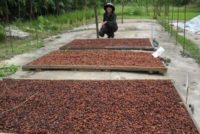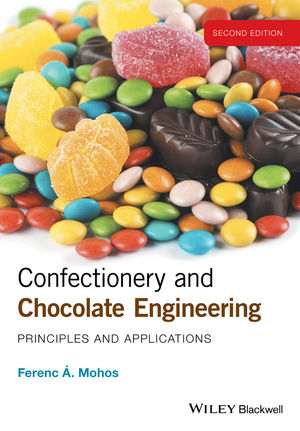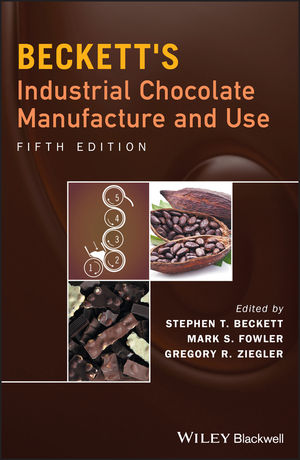The World Cocoa Foundation (WCF) has launched a new program to address the threat that climate change poses to cocoa sustainability and the livelihoods supported by the cocoa sector.
The partnership, led by WCF, is meant to strengthen the collaboration between the public and private sector in addressing these environmental issues. It brings together ACDI/VOCA, the United States Agency for International Development (USAID), and the world's leading chocolate companies.
It is a new effort involving numerous stakeholders across the cocoa value chain, and aims to develop solutions to climate and weather variability as well as deforestation. All of these issues pose economic, social, and environmental threats to millions of smallholder cocoa farmers, the national economies of cocoa-producing countries, and the global cocoa and chocolate industry.
"Addressing climate change is an important priority for the cocoa and chocolate industry, farmers, small businesses and national governments in origin-producing countries, and the broader international community," says Tim McCoy, acting president, WCF. "Investing in climate smart cocoa is a critical step in ensuring greater sustainability in the cocoa sector and positions our industry to respond to the realities of climate change discussed at COP21 in Paris last year."
The program builds on existing industry commitments to increase cocoa productivity among smallholder producers in countries including Côte d'Ivoire, Ghana and Liberia as well as the Dominican Republic, El Salvador, Honduras, and Nicaragua.
Climate change is becoming an increasing problem, as climate modeling suggests that regions may need to change crops and cropping strategies to maintain cocoa supplies and viable livelihoods. With USAID and ACDI/VOCA support, the project's private sector partners will develop a common strategy to address the climate's impact, as well as develop innovations to assist farmers in adapting to changing weather patterns.
Research and development of climate-resilient planting material, improved farming practices, and new agroforestry models will all play a part in helping farmers implement new cropping strategies.
The partnership will also focus on the challenge of deforestation by collaborating with technical experts like the International Center for Tropical Agriculture (CIAT) on ongoing research.
"Climate change will have significant impact on cocoa in West Africa with the majority of effects projected to occur by 2030. This means that cacao planted today will need to adapt to changing rainfall patterns as well as higher temperatures during its productive lifespan," says Mark Lundy, CIAT's theme leader on linking farmers to markets. "This new initiative is critical because it inserts solid climate projections for cocoa into private sector decision-making processes, allows for dialogues with public agencies and donors, and prioritizes collective investment plans to ensure a resilient cocoa sector that benefits farmers, companies and consumers into the future."
WCF member companies involved in the partnership include Barry Callebaut, Cargill, Ecom Agrotrade, The Hershey Co., Lindt & Sprüngli, Mars, Inc., Nestlé, Olam International Ltd, and Touton. The partnership contributes to the U.S. Government's global hunger and food security initiative, Feed the Future, which supports partner countries in developing their agriculture sectors to spur economic growth and trade that can reduce hunger, poverty and malnutrition.










